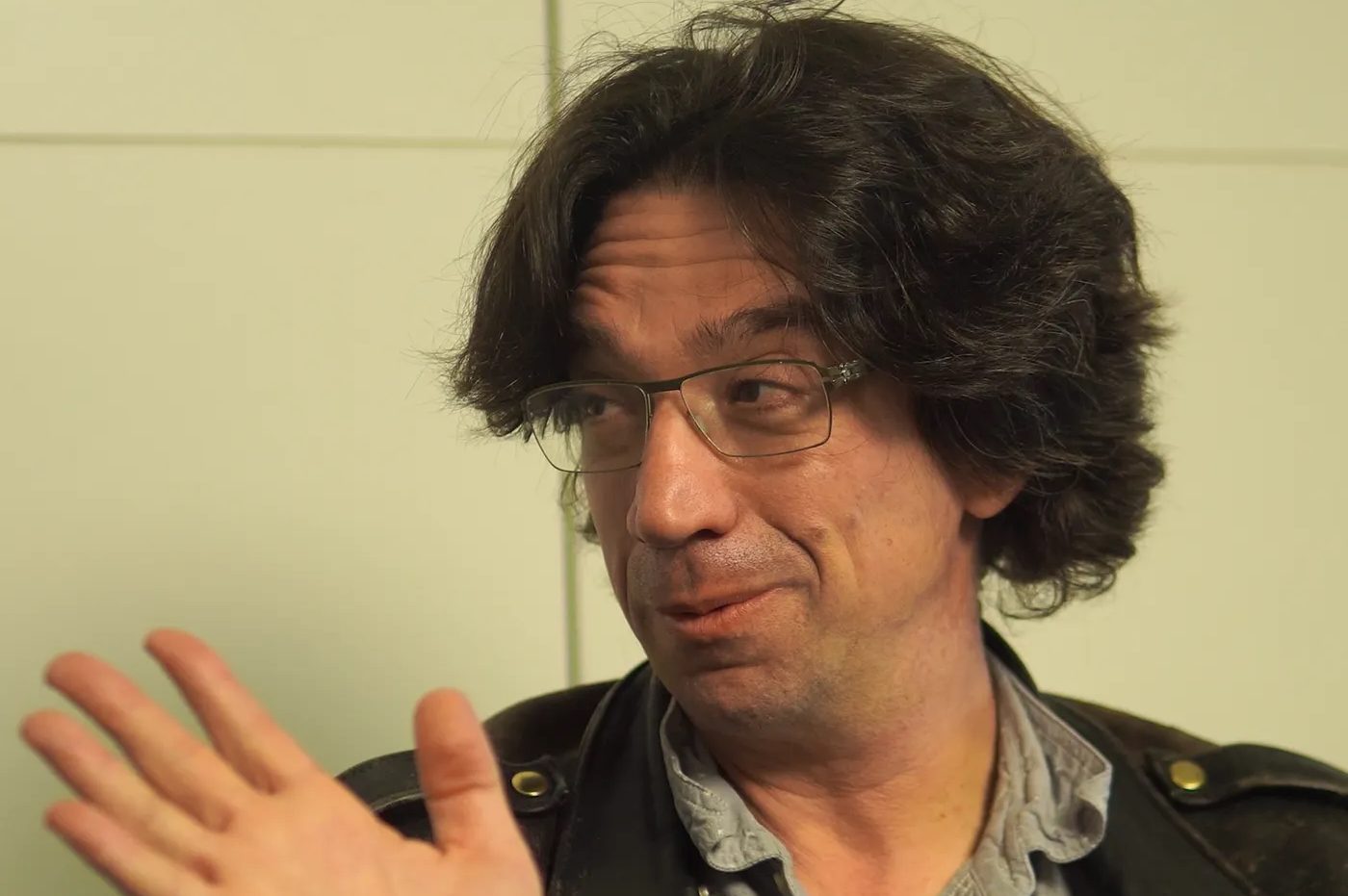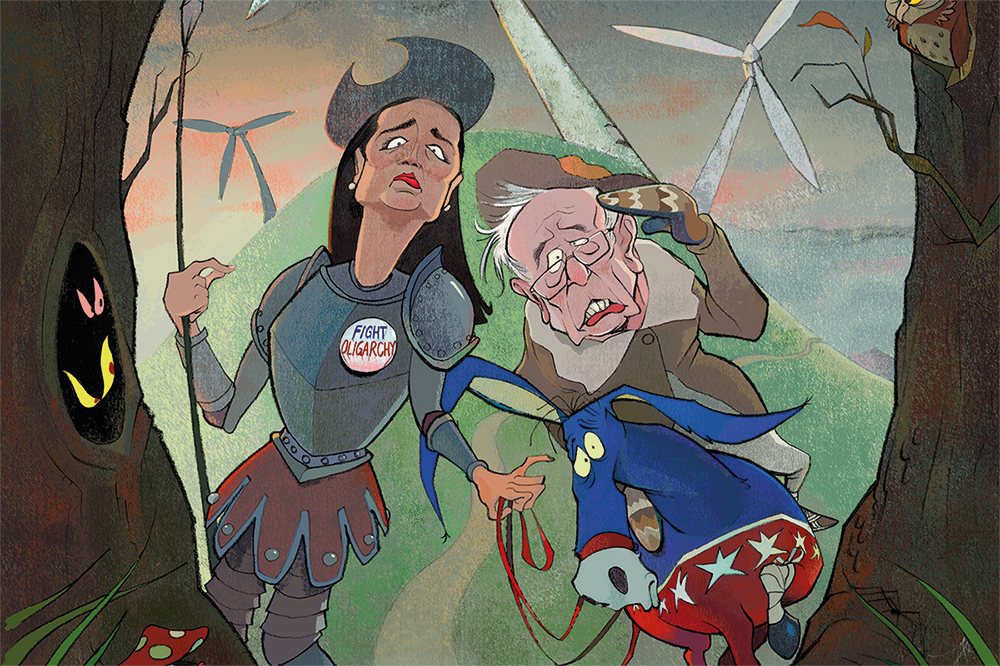I always feel an element of trepidation when approaching a new book by an author whose previous work I have admired. When the novelist in question won the Booker prize in 2013, and I was on the judging panel, the static crackle of anxiety is even more intense. And so the fearful question: is Eleanor Catton’s Birnam Wood a stinker? No, it isn’t. But will it “pull a Mantel” and win the Booker again? I doubt it, though I would not rule out its appearance on other prize shortlists.
It is a subtle, sometimes acerbically comic and ultimately tragic novel of great sensitivity. It is also engaged, taking in topics such as climate change, canceling and free speech, cultural appropriation, our relationship with new technologies, intersectionalism, sustainability, New Zealand’s self-image and hyper-charged capitalism. But it is fundamentally about morality.
The plot is structured around a stark contrast. On the one hand, we have Mira Bunting, a young guerrilla gardener, bent on reclaiming or occupying abandoned spaces to cultivate vegetables with her collective action group, Birnam Wood. On the other, there is Robert Lemoine, an American billionaire who has set his eyes on New Zealand as the perfect ark. Mira has discovered that a recently ennobled local worthy — whose company specialized in pest control — is selling some of his land. Lemoine wants to build his end-of-the-world bunker there, and there is an opportunity to squat on it illegally and make a garden grow. When Lemoine rumbles Mira, he makes a surprising offer. He likes her “move fast and break things” attitude, so he offers Birnam Wood $100,000 to actualize her vision.
Neither character is without conceit; nor are they wholly innocent. Lemoine’s empire of shell companies is an eerie parallel to Mira’s democratic vision (no one doubts that she is the movement’s founder and inspiration, even if she is not “in charge”). In a nutshell, the novel’s premise is: can the idealist and the entrepreneur be friends? Without being facetious, it is Greta Thunberg vs Elon Musk. There’s no trust between them, but they are intrigued by one another.
What I admire most about the novel is its capacity to move between focalized figures and to revel in the gap between what people know, what they think they know, and the extent to which someone else may have read the situation in an entirely different way, or have a motivation, conscious or not, that must be inferred. It is good on misjudgment, both political and emotional. When an old friend, a former member of Birnam Wood, turns up, there is a heated debate about privilege, responsibility and direct action. Some readers might baulk at this, but Catton is remarkably non-judgmental. The characters are not puppets, simply there to express an opinion. When a put-upon sidekick switches to centre stage, she reveals things that Mira never guessed. We are all trapped in our own perspectives, and the novel makes much of that gap.
It is constructed with sly care. The local bigwig is introduced as a kind of comic character,
bluff and self-effacing, a staunch, self-sufficient, adamantly informal man, doting in his enthusiasms, nostalgic in his routines and innately suspicious of all partisan displays — though tolerant, perhaps, of a little recreational churchgoing in his wife.
There are things he says, or descriptions of his properties (such as his first gun, framed), that drip-feed their significance. A key is hidden early on when one character declares: “To use words like good and evil, or not even evil, just good and bad… that’s like totally taboo.” A moral dimension infuses the novel, extending from the ideas themselves to a radical empathy with the characters.
Birnam Wood is wrapped in the trappings of a thriller. There are betrayals, deaths, plots, crimes, lust, lies and all the rest. But it is done gracefully. Catton has taken her time, and it shows.
This article was originally published in The Spectator’s UK magazine. Subscribe to the World edition here.

























